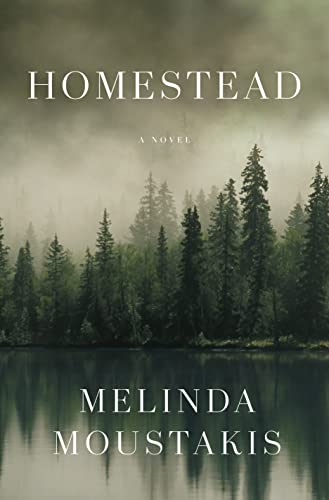After the Party by Cressida Connolly
After spending years abroad, Phyllis Forrester returned to England in the summer of 1938. She soon becomes embroiled in a new world of idealistic views and seemingly harmless interactions after relocating to her sister’s lavish rural home. Their small, privileged circle is infiltrated by frenzied chatter of another war, which gives way to an exciting solution: a great and charismatic leader who would restore England to its former grandeur. At a party organized by her new pals, Phyllis briefly drops her guard, which has disastrous results. Years later, Phyllis recounts the dramatic events that resulted in her imprisonment and altered the direction of her life forever, alone and resentful.
After the Party by Cressida Connolly
The narrative Ms Connolly shares illustrate how simple it is to become engulfed by seemingly innocent choices that have unfavourable long-term effects. With the benefit of hindsight spanning several decades, we are aware of the atrocities committed by Sir Oswald Mosely and the British Union of Fascists (BUF), specifically that he (and his adherents) either knowingly or unknowingly supported Adolph Hitler’s heinous policies. But in order to really comprehend this story, the reader must be able to put aside the knowledge we currently possess and imagine themselves in that period, which was twenty years after the Great War, in which 700,000 British men lost their lives.
Mothers of children who attend the BUF camp run by Nina and Eric, the protagonist’s sister and brother-in-law, are the subject of Ms Connolly’s writing. A sentence from Iris Murdoch’s A Word Child serves as the opening line of Ms Connolly’s book. It talks about how one mistake may ruin one’s entire existence. The beginning of this tale, which jumps back and forth between 1938 and 1979, finds Phyllis pondering how her life came to be so miserable. She remembers being let out of jail in the fall of 1943. Due to her membership in Mosely’s BUF Party, she and her husband Hugh were both put in jail in the late spring of 1940. After spending many years overseas, Phyllis and her much older husband—a former Commander in the British Navy during World War II who had already retired from the rubber industry—return to England in 1938. They travel to Sussex in southeast England to visit Patricia and Nina, two married sisters of Phyllis. Nina is secretive about the BUF camp she and her husband run, but she describes it as educational, encouraging peace, and a place where the kids can have fun and meet other kids.


 Amazon.com
Amazon.com 




